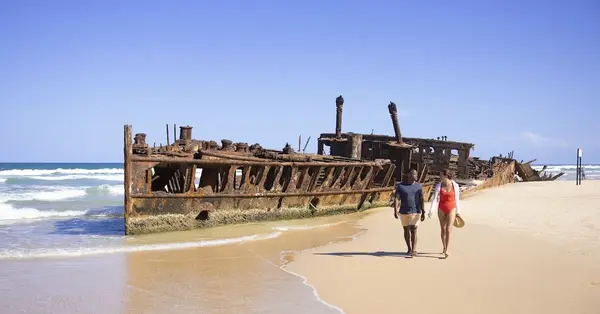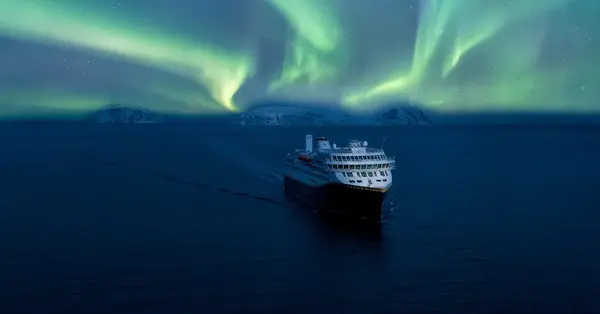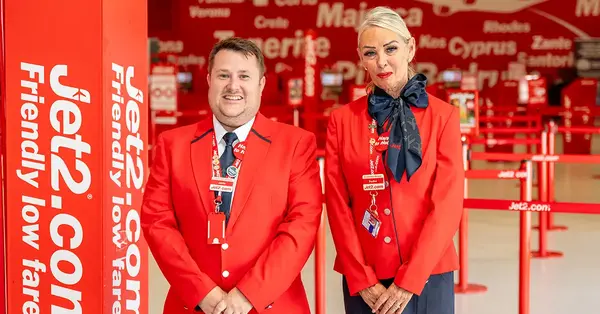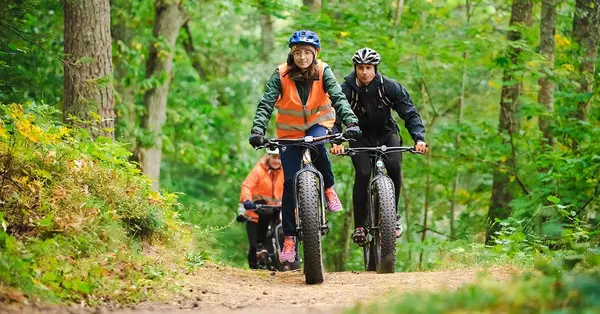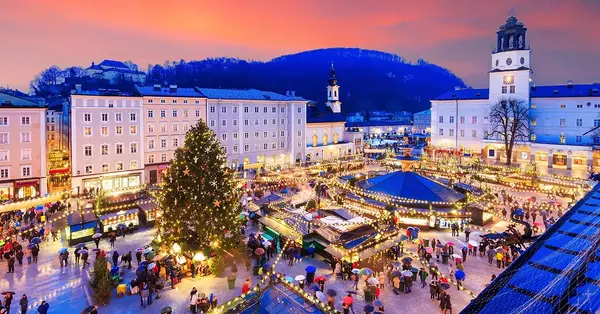You are viewing 1 of your 2 free articles
Comment: Destinations must tell their stories
Everyone knows the reasons to visit Paris, Rome and New York. There’s the Eiffel Tower, the Colosseum, the Manhattan skyline, and a host of other iconic sights.
But when someone tells you they’ve been to all those places, seen all those sights, and they want to try somewhere new, what do you tell them?
Perhaps you can name the places – the new, emerging destinations that people are hunting for. All those places that, pre-Covid, might have been seen as small, unknown, empty, or slow. Now those very qualities are their main selling points.
You might tell them Malta is tipped to be the next Mykonos, that Serbia, Uruguay, Albania, Puerto Rico and Jordan are all up and coming, but what would you tell people they could find there? What are the stories you would tell?
The team at Visit Estonia was aware of this, and recently looked at why people should venture off the beaten track to their corner of north-eastern Europe.
People are hearing about Estonia’s long summer nights, about canoeing through a flooded meltwater forest during the magical fifth season that sits between winter and spring, about a place with more tech unicorns than anywhere apart from Israel, but where there’s almost no fast food industry. People are hearing reasons to visit, and it’s starting to pay off as people emerge from the pandemic looking for new experiences.
This is the moment for lesser-known destinations. People are searching them out. Destinations, tour operators and travel agents that recognise this and seize the opportunity will be the winners in the post-Covid travel boom.
To some extent, people are always hunting for the next destination. Like the music industry, there’s a buzz about being in the know about the underground, rising stars, away from the mainstream. People want to experience the leftfield.
Now that’s more the case than ever. After months of being cooped-up at home, people are hungry for fresh experiences. Our definition of ‘busy’ has shifted; we’re looking for places with more convenient access to nature. And against the backdrop of the global climate crisis and events such as Cop26, people are travelling more meaningfully, consciously, and sustainably.
This is all good news for smaller, fringe destinations, but in itself is not enough to attract visitors. Destinations need to understand the deeper changes taking place in how we travel.
First, low and slow travel. Air travel isn’t going to stop anytime soon but, increasingly, people will choose to fly to one destination and create a multi-trip holiday by boat, train, bike or foot. Just as a few years ago London and Paris ran a joint campaign to persuade American students to visit both, rather than one or the other, smaller destinations can think about how to present a multi-venue trip.
Second, the rise of travel with a specific purpose. It may be work. The pandemic has normalised remote working and the success of extended work visas offered by many countries has cast a fresh light on how to present a destination. People are booking more thematic trips to pursue a passion, perhaps an ancestry and heritage trip, a foodie-specific adventure or an art and design tailored trip.
What does this mean for these destinations, and the travel operators and retailers presenting options to their customers? It means they need to tell a story, look beyond the obvious attractions and find the experiences people will want to tell everyone about when they get home.
Good stories are told with a specific audience in mind. Try to speak to everyone and you’ll speak to no one. Good stories are rooted in truth, but still play to the positives; and they’re told visually as much as verbally.
The team at Visit Estonia understood all of this and engaged us to help them find and tell their story, but they’re not alone. Many other places have already embarked on similar journeys. With its beautiful typeface, captivating imagery, and strong descriptors, the Isle of Man has been successfully telling what it calls its ‘extraordinary story’ for some time.
Yet most destinations are yet to recognise the appetite among today’s travellers for these tales from off-the-beaten-track. It’s hard for those working in destination marketing to look beyond the landmarks, monuments and attractions they grew up seeing as symbols of their city or nation but, if they can look beyond them and unearth these obscure but rich experiences, they can tap into a new type of traveller.
This is without doubt the moment for the lesser-known destinations – the only question is who will seize this moment.





